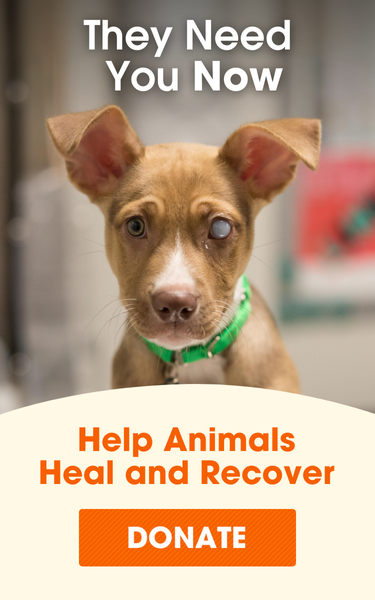
Valentine’s Day Safety Tips

Each year our experts at the ASPCA Animal Poison Control Center (APCC) see a rise in cases around February 14, many involving chocolate or lilies. Valentine’s Day can be as much fun for pets as it is for humans—as long as dangerous items are kept out of paws’ reach!
Pet-Safe Bouquets
While bouquets are a Valentine’s Day staple, some flowers can pose a threat to pets. Most notably, all species of lily are potentially fatal to cats. Also, be mindful of rose stems with thorns attached—when pets bite, step on or swallow them, they can cause harm or lead to an infection. Our APCC plant list can help you identify which plants are toxic and which are safe!
Forbidden Chocolates and Sweets
Seasoned pet lovers know that all types of chocolate are potentially life-threatening when ingested by pets. Methylxanthines are caffeine-like stimulants that can be found in chocolate and can cause vomiting, diarrhea, hyperactivity, seizures and an abnormally elevated heart rate. The high-fat content in lighter chocolates can potentially lead to a life-threatening inflammation of the pancreas.
In addition to chocolate, candies and gums that are sweetened with xylitol are unsafe, and even deadly, for pets to consume. It’s important to keep all sweet treats away from pets!
Careful with Cocktails
If you choose to celebrate Valentine’s Day with some alcohol, be sure only the humans are joining in! Even a small amount of alcohol can cause serious illnesses in pets including vomiting, diarrhea, lack of coordination, central nervous system depression, tremors, difficulty breathing and even coma. Don’t leave open bottles or glasses within paw’s reach.
Playing with Fire
It’s nice to set your evening a-glow with candlelight but put out the fire when you leave the room. Pawing kittens and nosy pooches can burn themselves or cause a fire by knocking over unattended candles.
Wrap It Up
Gather up tape, ribbons, bows, wrapping paper, cellophane and balloons after presents have been opened. If swallowed by pets, these long, stringy and “fun-to-chew” items can get lodged in your pet’s throat or digestive tract, causing them to choke or vomit.
If you suspect your pet may have ingested a toxic substance, please contact your veterinarian or call the ASPCA Animal Poison Control Center at (888) 426-4435 immediately.
